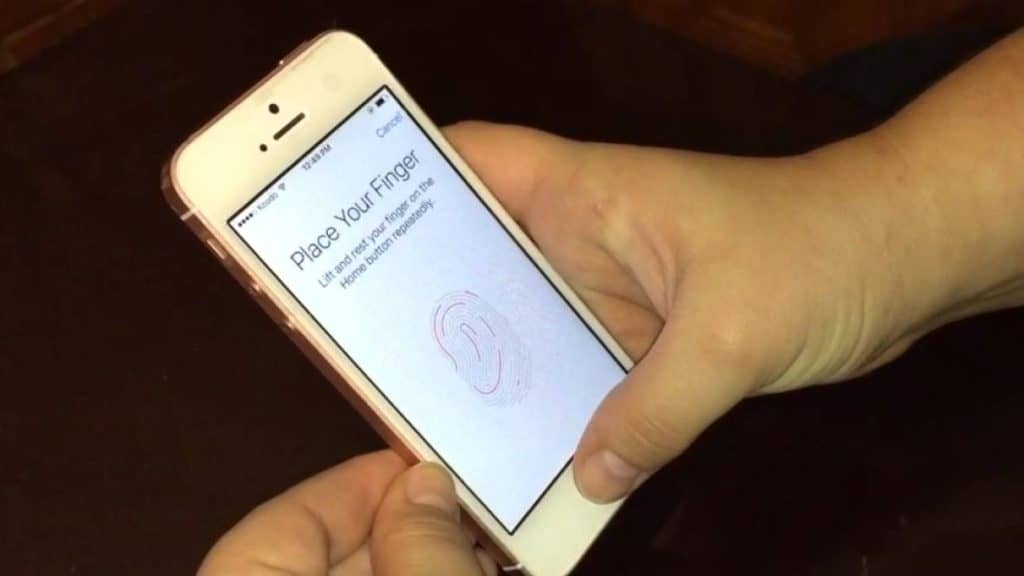There have been a number of strange and bizarre headlines that we have seen over the years. This is one of those. Linus Philip was gunned down in Largo by policemen on March 23 after he tried to avoid a police search. The officers approached Linus after allegedly stealing marijuana from his car and he was unarmed at the time.
The body was returned to the family and was being held at the Sylvan Abbey Funeral Home in Clearwater, Florida. Two police officers arrived at the funeral home on March 26 with the deceased man’s phone and request access to the body so they could use his finger to unlock the phone. They believed that the phone contained information to assist them in the investigation.
The funeral home staff agreed to the officers’ request but they were unable to unlock the phone. The family was furious at this. “I just feel so disrespected and violated,” Philip’s fiancée, Victoria Armstrong, told local media. The family’s lawyer, John Trevena, said he has filed a complaint against the detectives on behalf of the Phillip family.
The family is also considering suing the City of Largo for unwarranted search and seizure and accessing the body after it left police custody. Charles Rose, a professor at the Stetson University College of Law in Gulfport, Florida believes the family does not have a case. He told NBC News, “Warrants are designed to protect citizens against unreasonable searches under the Fourth Amendment. Given that the owner of the phone is dead, he no longer has a privacy right to assert under the Fourth Amendment. It’s an open question as to whether his family might have that right, but he does not.”
A similar case came forward in November 2016 when Abdul Razak Ali Artan was shot dead during a stabbing rampage on the grounds of Ohio State University. This probably won’t be the last time the police attempts something like this. “We do not need a search warrant to get into a victim’s phone unless it’s shared owned,” said Ohio police homicide detective Robert Cutshall, who worked on the Artan case.

